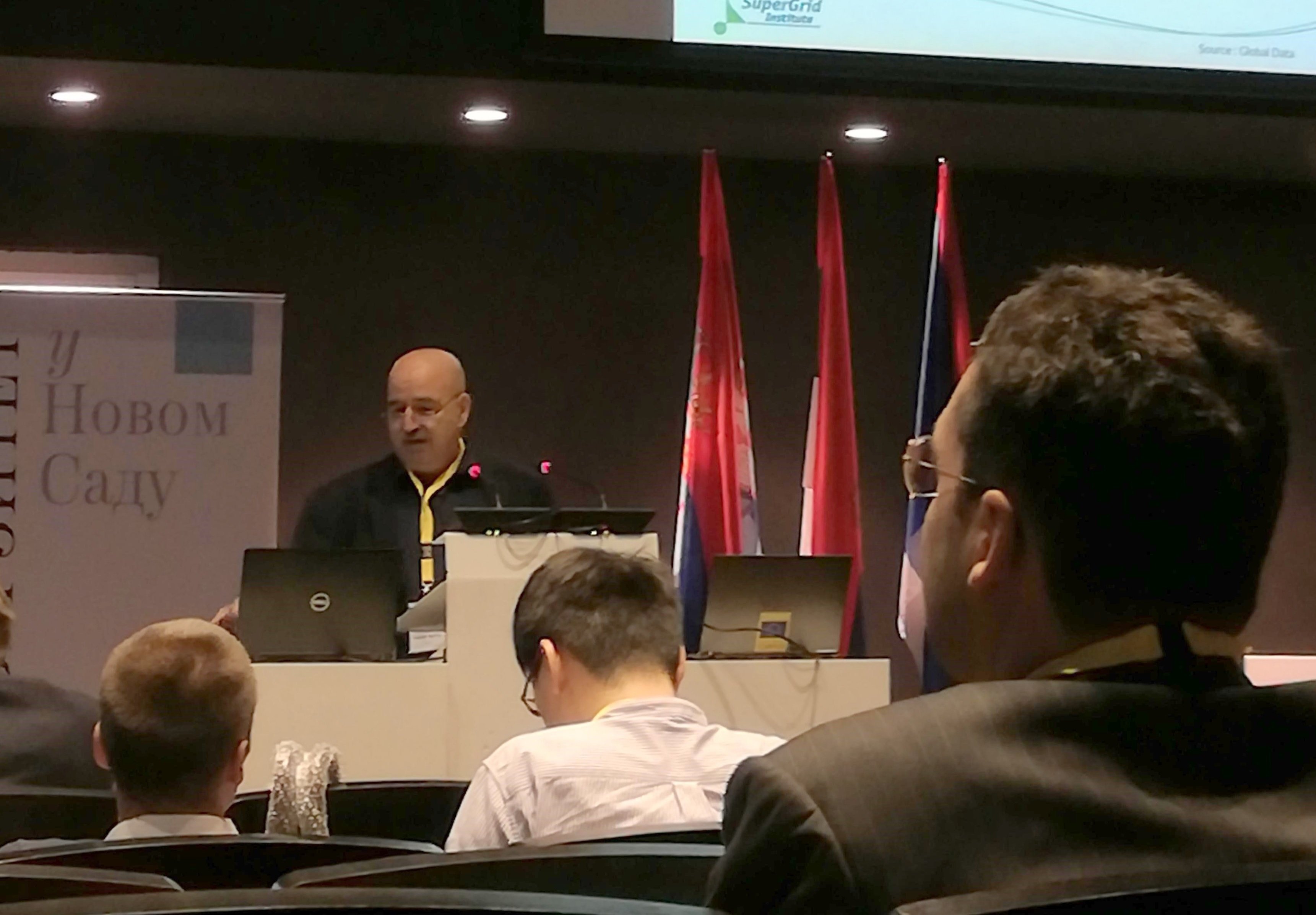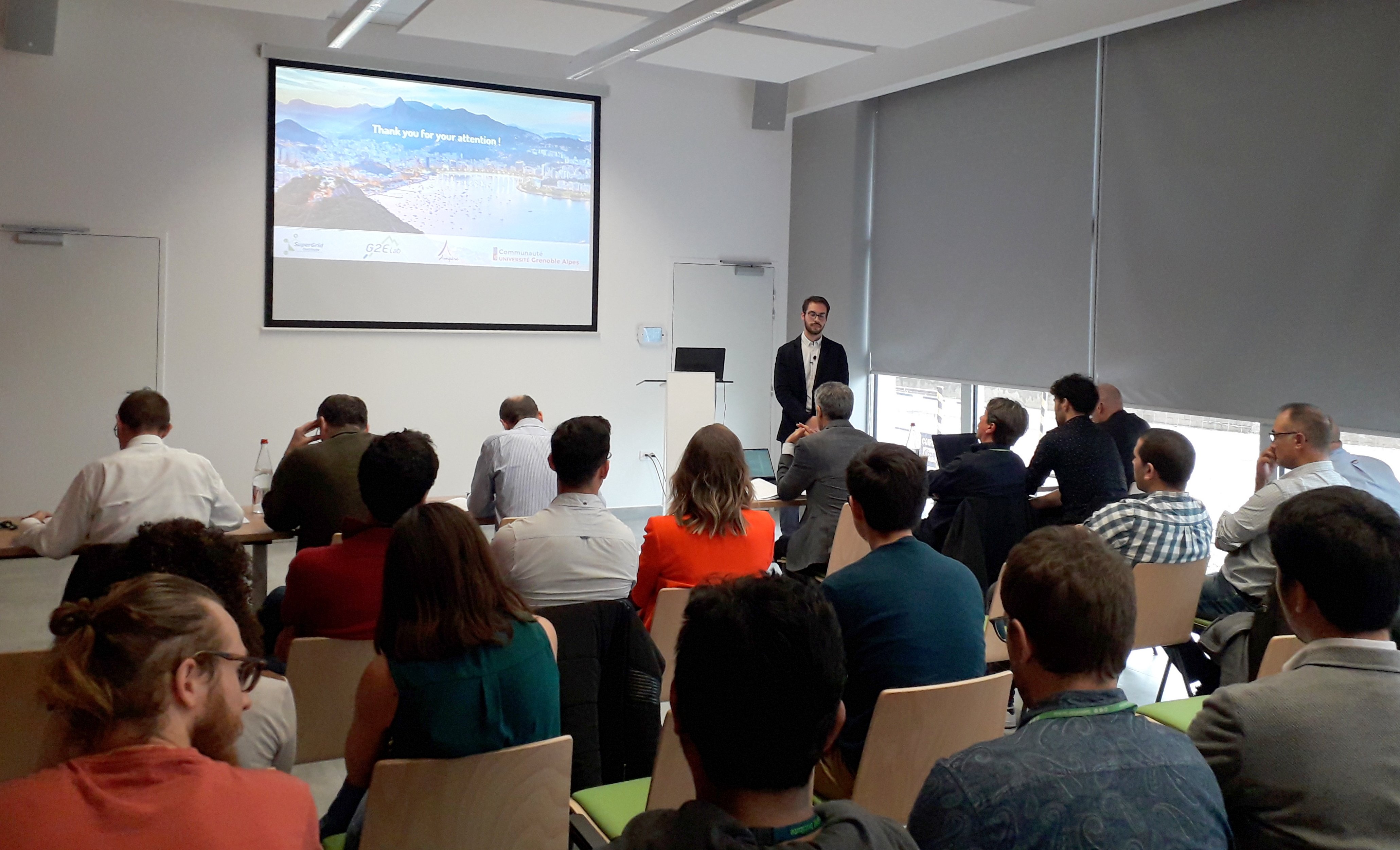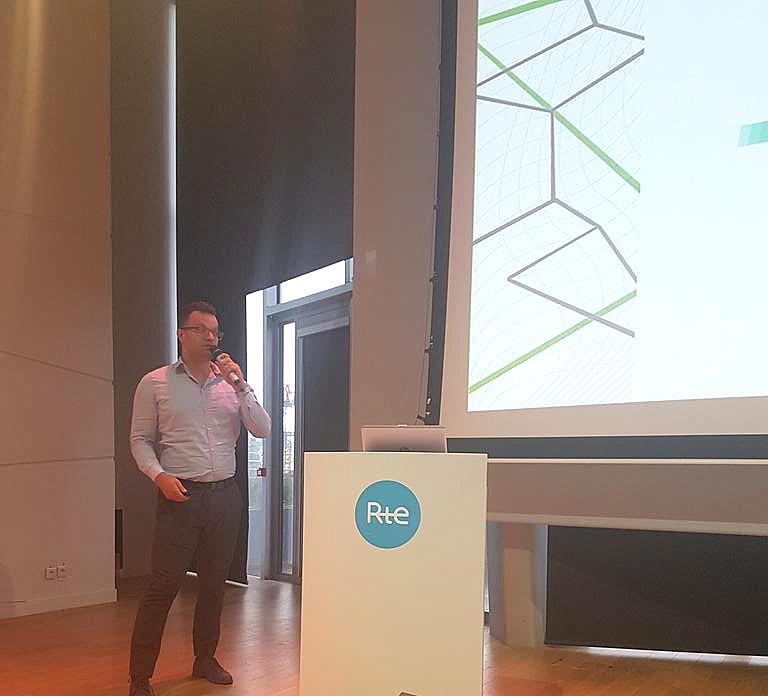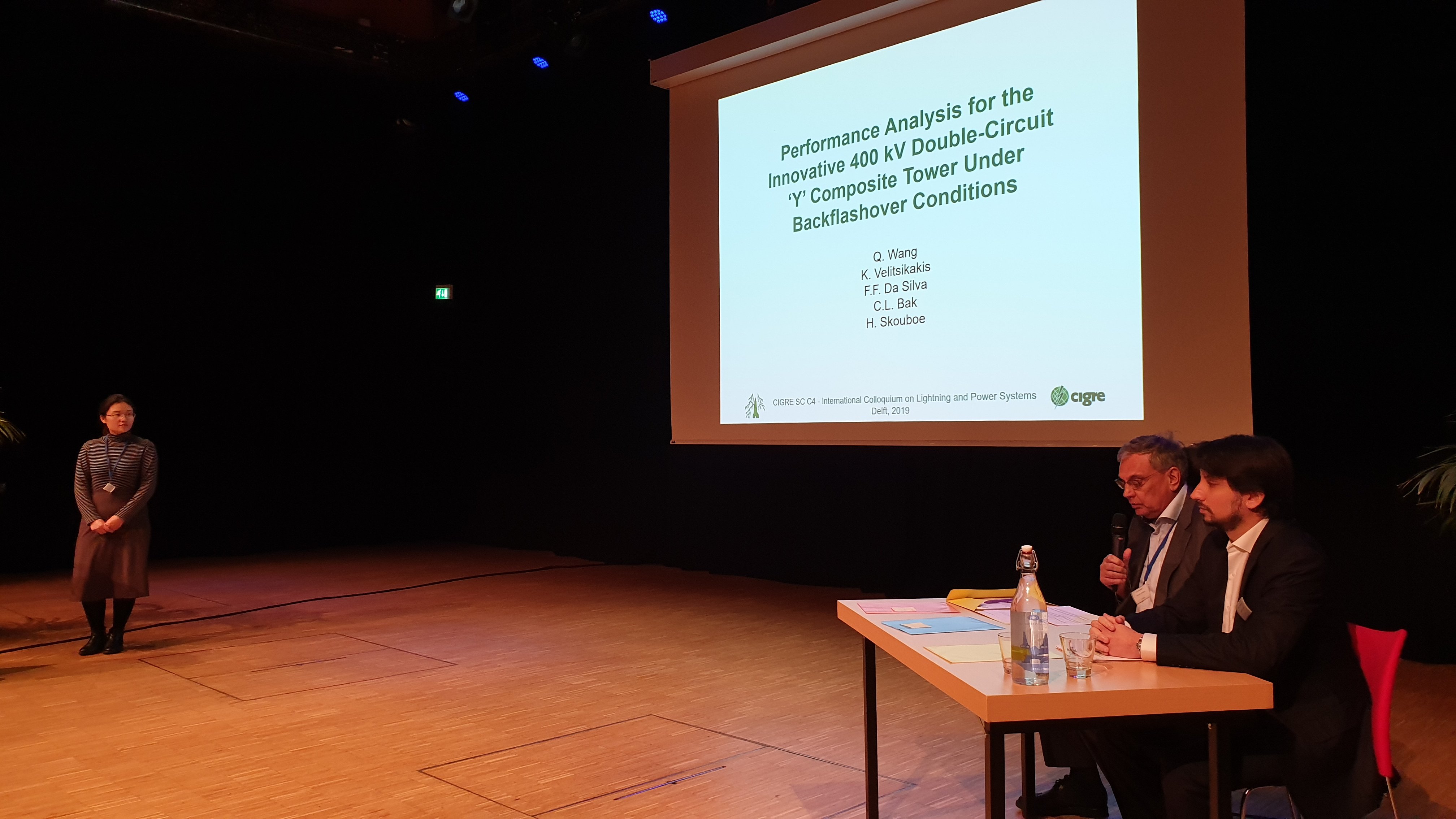Energy Transition for a more sustainable world is now the priority in societies. Towards this objective, especially in Europe, the offshore wind energy development has been relatively rapid. For Offshore Wind Power Plants (OWPP) farther from the shore (50 km and beyond) Voltage Source Converter (VSC) based High Voltage DC (HVDC) Transmission has become the prominent solution. Replacement of the offshore VSC station by multiple Diode Rectifier Units (DRUs) led to a cheaper, more compact and robust solution. This thesis focusses on various technological and scientific problems involved in the control system of the Offshore Wind power Plant with Diode Rectifier (DR) based HVDC transmission. These challenges are first reviewed in detail along with the state of the art. Then, based on the system dynamics, a grid forming control scheme is proposed by using the P-V and Q-f droop relationships, with a solution for the synchronization of the wind generators. Moreover, some of the selected control solutions in the literature for this topology are reviewed, compared and assessed by using time domain simulations of a study case. Following this, the different solutions for black start of the offshore AC system are analyzed from the available literature and they are compared using the relevant qualitative criteria. The various faults in the offshore system are then analyzed and the above designed grid forming control scheme is extended with Fault Ride through (FRT) capability, for offshore AC grid faults. Finally, a brief analysis is done on the challenges for the integration of this OWPP topology into a Multi Terminal DC (MTDC) network.








